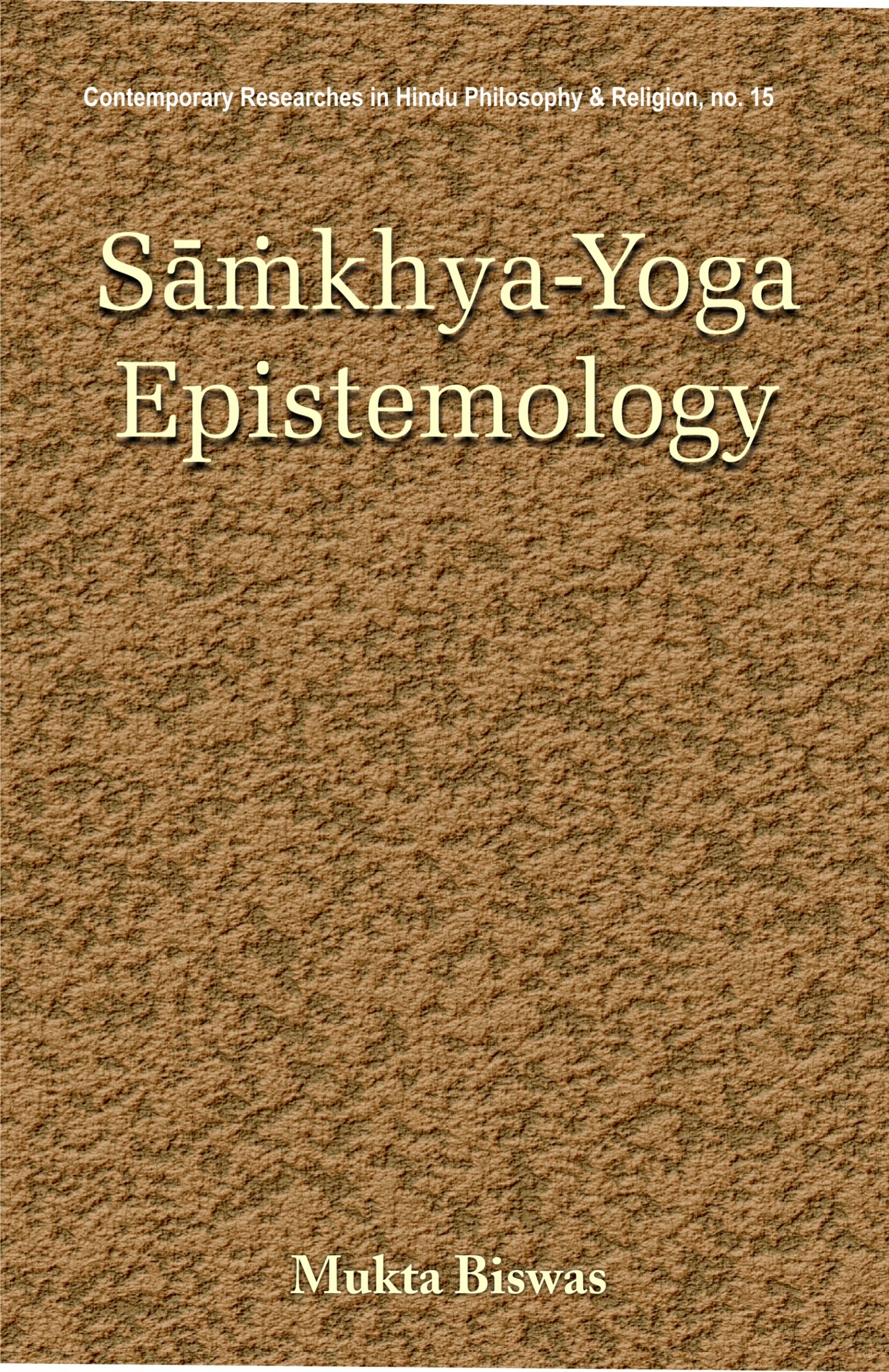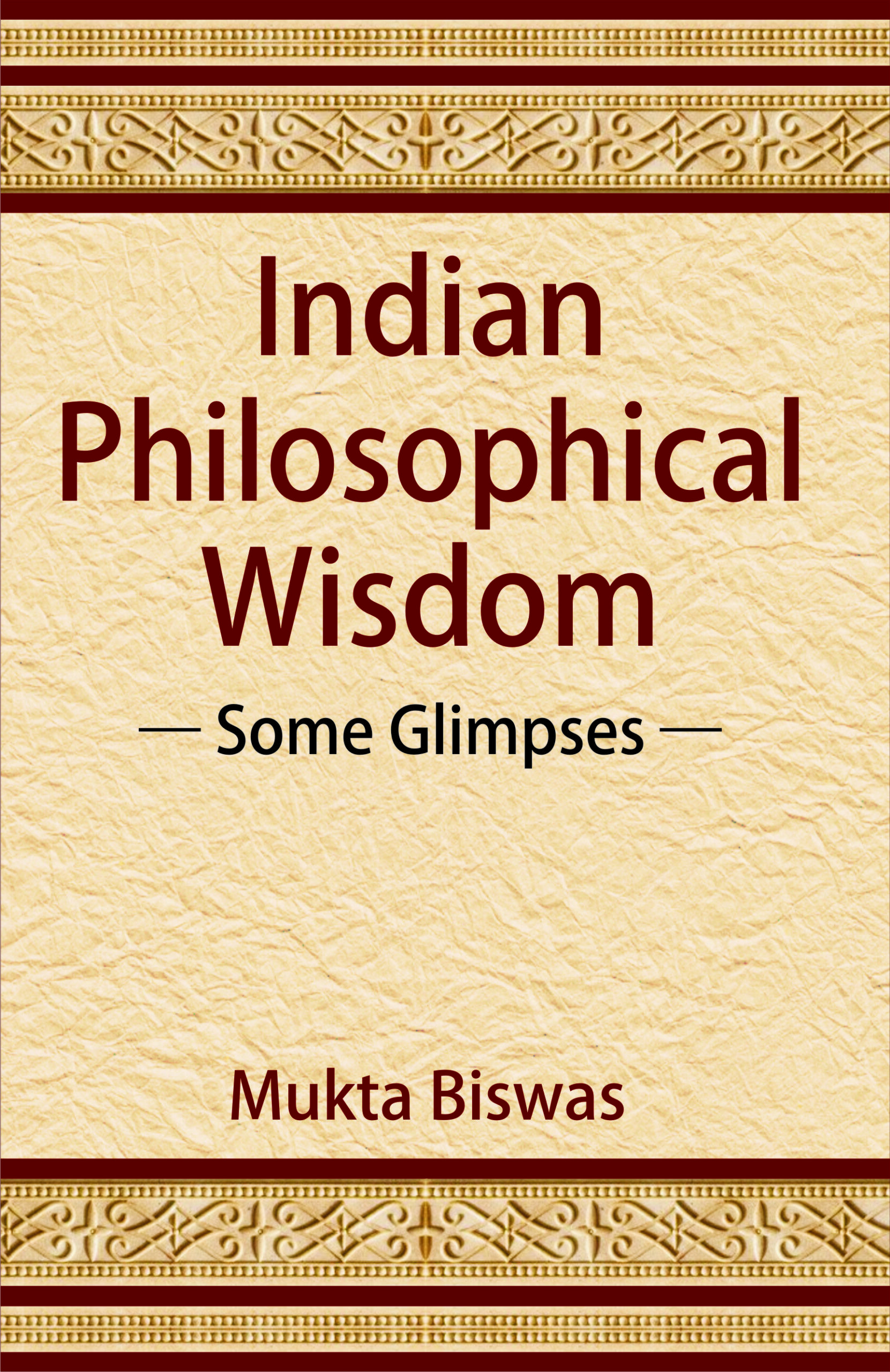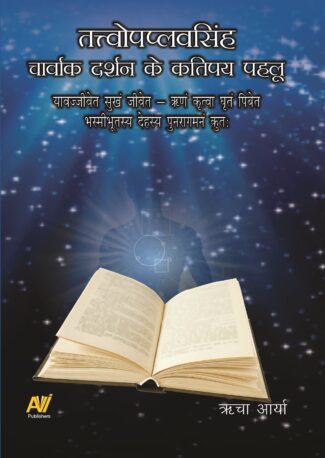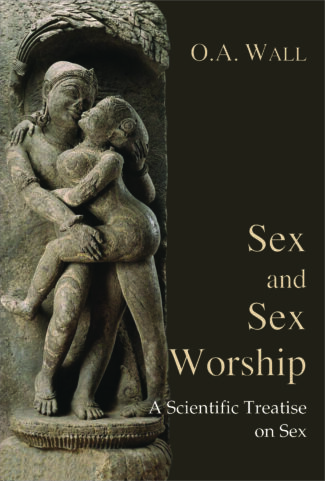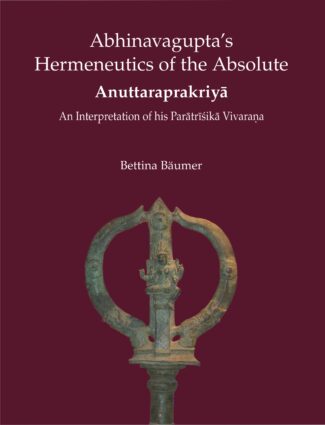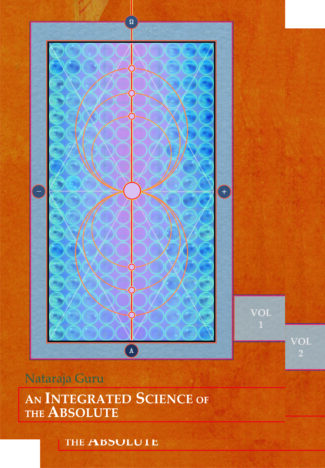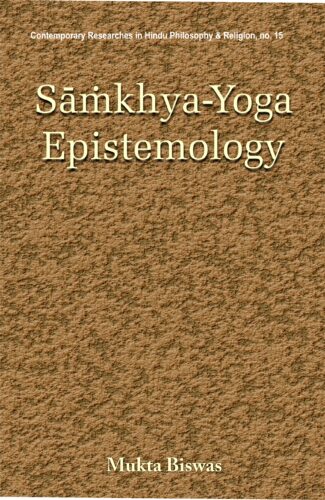

Samkhya-Yoga Epistem...
Samkhya-Yoga Epistemology
by: Mukta BiswasThe book presents a comprehensive idea of the Samkhya-Yoga epistemology by examining in detail specific representative works including the Samkhyakarika of Isvarakrishna, Yogasutra of Patanjali, and Yuktidipika, Matharavritti and other schools of Indian philosophy. It discusses important tenets of each system, their reference in the Upanisads, the definition of epistemology and its relation with ontology and logic.
Original price was: ₹900.00.₹810.00Current price is: ₹810.00.
ISBN: 9788124603710
Year Of Publication: 2006
Edition: 1st
Pages : xx, 244
Bibliographic Details : Bibliography; Index
Language : English
Binding : Hardcover
Publisher: D.K. Printworld Pvt. Ltd.
Size: 23 cm.
Weight: 525
The book presents a comprehensive idea of the Samkhya-Yoga epistemology by examining in detail specific representative works including the Samkhyakarika of Ishvarakrishna, Yogasutra of Patanjali, and Yuktidipika, Matharavritti and other schools of Indian philosophy. Beginning with some fundamentals like origin of the words samkhya and yoga, it discusses important tenets of each system, their reference in the Upanishads, the definition of epistemology and its relation with ontology and logic. It delves into the two kinds of knowledge, direct (prama) and indirect (pramana) as understood by the Samkhya-Yoga system and examines these concepts from the viewpoints of other philosophical schools as well. It defines perception (pratyaksha pramana) and inference (anumana) and critically assesses the understanding of these in different philosophical systems focussing on the Samkhya-Yoga interpretation. It also deals with the components of perception and inference along with the types and fallacies associated with them. Verbal testimony or shabda is again treated in a detailed manner. The work examines aspects like the nature of word and logical structure of a sentence as well. The book will be useful for students and scholars of Indian philosophy who are keen to grasp the fundamentals of the Indian philosophical systems even while gaining in-depth understanding of each school of ancient Indian philosophy particularly their interpretation of concepts of knowledge.
Preface
Key to Transliteration
Abbreviations
1. Introduction
The Nature of Philosophy
Two Broad Divisions of Indian Philosophy
The Significance of Samkhya Philosophy and the Origin of the Word Samkhya
Samkhya Literature
Samkhya Teachers
Samkhya System
The Important Tenets of the Samkhya System
The Significance of Yoga Philosophy
Origin of the Word Yoga
Yoga Literature
The Yoga System
The Important Tenets of the Yoga System
The Relation of Samkhya System with Yoga
Reference of Samkhya and Yoga in the Upanishads
Samkhya in the Upanishads
Yoga in the Upanishads
Some Appreciation of Samkhya and Yoga System
The Nature of Knowledge
Epistemology of the Samkhya-Yoga school
What is Epistemology
Place of Epistemology in Philosophy
Epistemology and Ontology or Metaphysics
Epistemology and Logic
2. Valid and Invalid Knowledge
Definitions of Valid Knowledge
Bauddha definition of valid knowledge
The Nyaya View
The Vedanta View
The Bhatta Theory of Valid Knowledge
The Prabhakara View
The Vaisheshika View
The Jaina View
The Samkhya-Yoga View
The Sources of Valid Knowledge
The Bauddha View of Pramana
The Jaina View of Pramana
The Vaisheshika View of Pramana
The Nyaya View of Pramana
The Bhatta View of Pramana
The Prabhakara View of Pramana
The Advaita View of Pramana
The Samkhya-Yoga View of Pramana
The Number of Pramanas According to Different Systems
Forms of Invalid knowledge
Asatkhyativada
Atmakhyativada
Anirvacaniyakhyati
Satkhyativada
Anyathakhyativada
Sadasatkhyativada
Memory (Smriti)
Dream
Doubt (Samshaya)
Vikalpa
Nidra (Sleep)
Tarka (Hypothetical Argument)
Reinculcation (Samvada)
3. Perception (Pratyaksha Pramana)
Different Opinions of Pratyaksha
Carvaka view of Pratyaksha
The Jaina view of Pratyaksha
Bauddha view of Pratyaksha
The view of Advaita Vedanta
Vaisheshika view of Pratyaksha
The Mimamsa view of Pratyaksha
The Samkhya-Yoga view of Pratyaksha
Role of Senses in Perception
Function of the Senses
Modes of Perception
The Buddhist View
The Grammarians View
The Majority View
Internal Perception and Its Objects
Recognition (Pratyabhijna)
Non-Sensuous Perception in Philosophy
The Nyaya Theory of Alaukika Pratyaksha
The Advaita Theory of Non-Sensuous Perception
The Vaisheshika View
The Buddhist View of Yogi-Pratyaksha
The Jaina View
The Samkhya View
The Supernormal Powers in Yoga System
Theory of Perceptual Error
4. Inference (Anumana)
The Views of Anumana According to Different Systems
The View of the Carvakas
The Bauddha View
The Jaina View
Nyaya View of Anumana
Vaisheshika View of Anumana
Mimamsa View of Anumana
Vedanta View
Samkhya-Yoga View of Anumana
Distinction Between Perception and Inference
The Constituents of Inference
The Ground of Inference
Ascertainment of Vyapti
The Carvaka View
The Buddhist View
The Jaina View
The Vaisheshika View
The Bhatta View
The Prabhakara View
The Vedanta View
The Nyaya View
The Samkhya-Yoga View
The Types of Anumana
Purvavat, Sheshavat and Samanyatodrishta
Svartha and Parartha
Kevalanvayi, Kevalavyatireki and Anvayavyatireki
Vita and Avita
Fallacy
5. Verbal Testimony (Shabda Pramana)
The Denial of the Validity of the Verbal Testimony by the Carvakas
Bauddha View of Verbal Testimony
The Vaisheshika View of Verbal Testimony
Establishment and the Nature of Verbal Testimony
Jaina View of Verbal Testimony
Mimamsa View of Verbal Testimony
Vedanta View of Verbal Testimony
Nyaya View of Verbal Testimony
Samkhya-Yoga View of Verbal Testimony
The Nature of Word
Logical Structure of a Sentence
Expectancy
Compatibility
Contiguity
Purport
Classification of Verbal Testimony
6. Conclusion
Upamana (Comparison)
The Nyaya View of Upamana
The Mimamsa View of Upamana
Advaita View of Upamana
The Samkhya Criticism of Upamana
Arthapatti (Postulation)
The Samkhya Criticism of Arthapatti
Anupalabdhi (Non-apprehension)
The Mimamsa View of Anupalabdhi
Advaita View of Anupalabdhi
Sambhava (Probability)
Aitihya (Tradition)
Ceshta (Gesture)
Pratibha (Intuition)
Bibliography
Index



